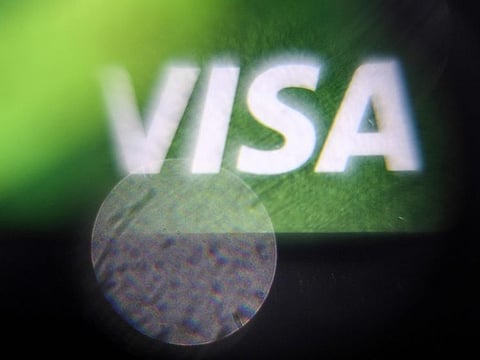Visa pilots stablecoin funding to speed up cross-border payments
Unlocks liquidity, cuts costs, and modernises treasury operations for global businesses

Dubai: Visa has announced a new pilot under its Visa Direct platform that will use stablecoins to fund cross-border payments, aiming to make global money movement faster and more efficient for businesses.
Visa Direct already connects over 11 billion eligible cards, bank accounts, and wallets worldwide. The new pilot introduces a stablecoin prefunding option, which allows businesses to send stablecoins instead of fiat currency to cover international payouts.
Why it matters
For decades, cross-border transfers have relied on systems that are often slow and capital-intensive, requiring businesses to hold large balances in advance. Visa says stablecoins can address these challenges by:
Unlocking liquidity — freeing up capital that would otherwise be tied up in prefunding accounts.
Modernizing treasury operations — enabling near-instant money movement across borders.
Reducing volatility — offering more predictable settlements, less affected by currency swings.
Lowering costs — allowing more frequent prefunding without extra expense.
Chris Newkirk, President of Commercial & Money Movement Solutions at Visa, said: “Cross-border payments have been stuck in outdated systems for far too long. With this pilot, Visa Direct is laying the groundwork for money to move instantly across the world, giving businesses more choice in how they pay.”
How the pilot works
Businesses send stablecoins to Visa, which treats them as prefunded balances to back payouts.
The service is aimed at banks, remittance providers, and financial institutions seeking faster and more flexible liquidity management.
Visa is running the pilot with select partners, with plans to expand in 2026.
Bigger picture
The initiative builds on Visa’s broader strategy to modernise payments by combining its global network with blockchain-based solutions. The company says the pilot is part of its push to create a money movement system that is faster, more flexible, and tailored to the digital-first economy.
Sign up for the Daily Briefing
Get the latest news and updates straight to your inbox




